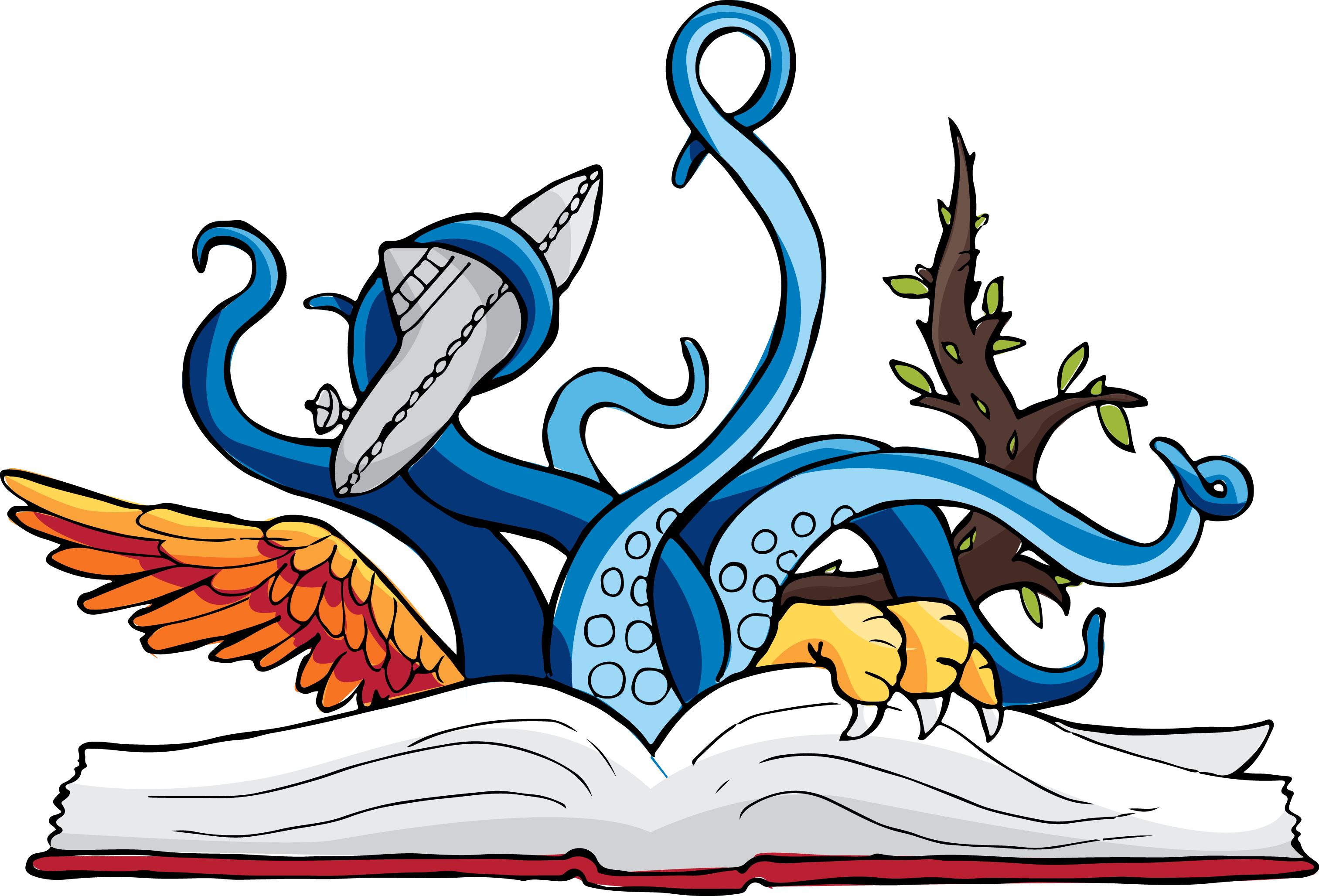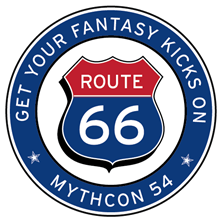Loading...
Location
Albuquerque, NM
Document Type
Paper
Event Website
https://www.mythsoc.org/mythcon/mythcon-52.htm
Start Date
30-7-2022 3:00 PM
End Date
30-7-2022 3:50 PM
Description
Critical attention to T. H. White’s The Once and Future King, particularly the book’s description of Arthur’s education, has necessarily focused on the political themes in the book. Since the fall of the Iron Curtain, some critics have found those themes outdated, a relic of the bloody wars of the 20th century. In the third decade of the 21st century, it has become apparent that while fascism and Stalinism went away, they did not go far. The tendencies and tensions within society that made them possible before confronting us once again. With this in mind, it may be helpful to revisit White’s work, not so much for the political commentary as for the education described there, to understand how transformation might be read as a metaphor for pedagogy. This paper will focus on the First book, The Sword in the Stone. While criticism has tended to focus on how different animals featured in the narrative serve as parables or even satire, I contend that there is an underlying humanism in the story. While Arthur learns from the animals he becomes, the ultimate gain in each adventure comes from inhabiting and then transcending the instincts of each animal. The transformations are challenges, and Arthur succeeds by acting humanly at critical moments. The anthropomorphized animals disguise this lesson, so that the reader is not always aware that they are being confronted at every turn with the question of what it means to be human. As with nearly all versions of Arthurian legend, The Once and Future King is ultimately more fatalistic than idealistic, and this represents White’s cynical view of the relationships that form between individuals and the institutions that govern them.
Creative Commons License

This work is licensed under a Creative Commons Attribution-NonCommercial-No Derivative Works 4.0 International License.
Included in
"Something Which Ought to be Done When All Else Fails”: The Experiential Education of Arthur in The Once and Future King
Albuquerque, NM
Critical attention to T. H. White’s The Once and Future King, particularly the book’s description of Arthur’s education, has necessarily focused on the political themes in the book. Since the fall of the Iron Curtain, some critics have found those themes outdated, a relic of the bloody wars of the 20th century. In the third decade of the 21st century, it has become apparent that while fascism and Stalinism went away, they did not go far. The tendencies and tensions within society that made them possible before confronting us once again. With this in mind, it may be helpful to revisit White’s work, not so much for the political commentary as for the education described there, to understand how transformation might be read as a metaphor for pedagogy. This paper will focus on the First book, The Sword in the Stone. While criticism has tended to focus on how different animals featured in the narrative serve as parables or even satire, I contend that there is an underlying humanism in the story. While Arthur learns from the animals he becomes, the ultimate gain in each adventure comes from inhabiting and then transcending the instincts of each animal. The transformations are challenges, and Arthur succeeds by acting humanly at critical moments. The anthropomorphized animals disguise this lesson, so that the reader is not always aware that they are being confronted at every turn with the question of what it means to be human. As with nearly all versions of Arthurian legend, The Once and Future King is ultimately more fatalistic than idealistic, and this represents White’s cynical view of the relationships that form between individuals and the institutions that govern them.
https://dc.swosu.edu/mythcon/mc52/schedule/9



Comments
Paper: Anne Acker, Tusculum University
"Something Which Ought to be Done When All Else Fails”: The Experiential Education of Arthur in The Once and Future King
Tech Mod: Jessica Dickinson Goodman